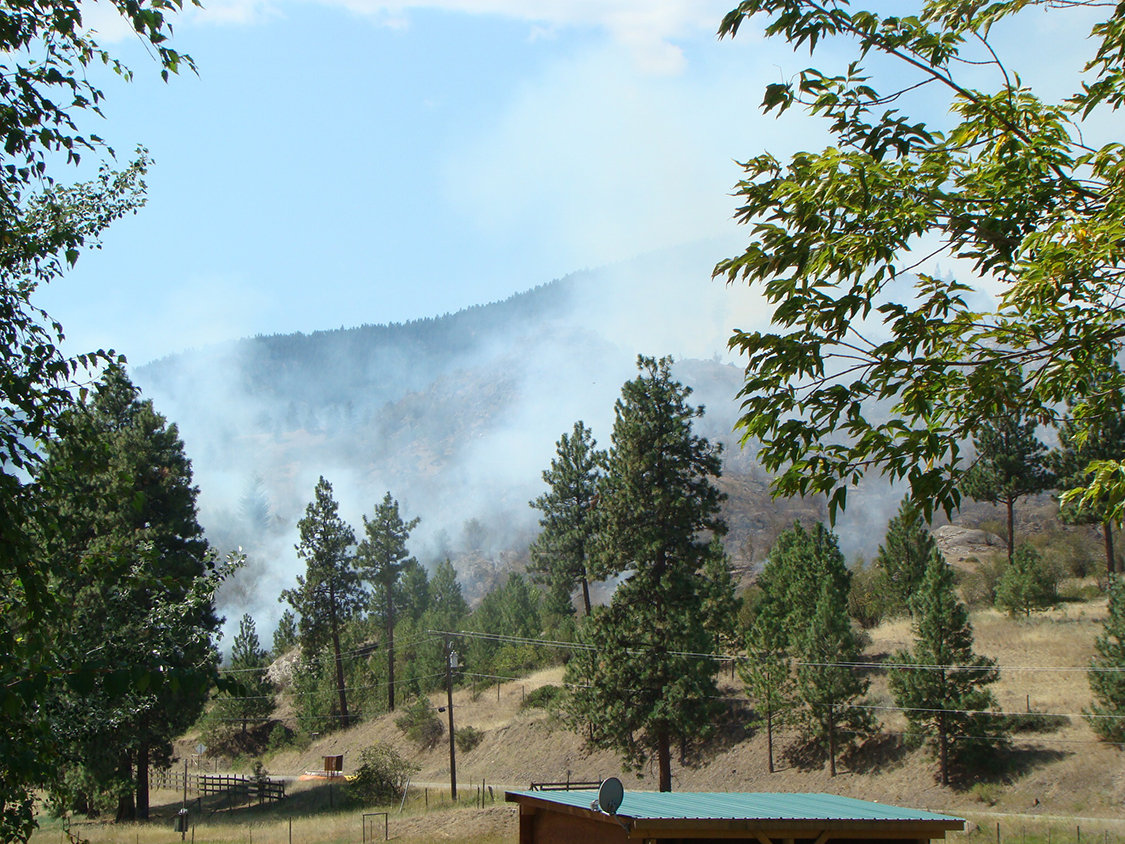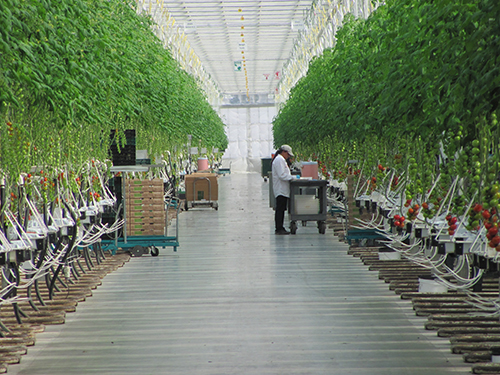OLIVER – When wildfires get out of control, the consequences for people, livestock and property can be devastating. Having a livestock evacuation plan is critical to saving time and possibly lives.
The Animal Lifeline Emergency Response Team (ALERT) Society is a volunteer organization based in the South Okanagan that’s ready to respond and animals need to be evacuated in an emergency. Formerly known as C-DART Central, the group provides emergency training and works with emergency response agencies to evacuate or care for animals that get left behind.Fire
“It started with the Oliver Riding Club after 2003. We live in a high fire area here, and a bunch of us saw the need to set up a system for evacuating animals,” says Theresa Tompkins, a volunteer with ALERT. “We prepared a pamphlet and gave it out to anybody who had horses. A couple of the people went on and formed C-DART (now ALERT); it was a real evolution of the idea.”
Two years ago, when fire swept through Rock Creek, Tompkins’ husband Jim was called in as a C-DART volunteer to help evacuate pets and horses. A few hours after he left, a fire started behind Tompkins’ property near Oliver and she was ordered to evacuate.
“There was a bit of panic because Jim had the truck and trailer. We had four neighbours come in with a truck and trailer, and within an hour and a half, it was done,” she says.
By the time Jim returned, fire had flared up near Osoyoos and he went to pick up horses and llamas. That fire season, they faced mandatory evacuation twice and voluntarily left a third time.
Tompkins is the first to say that having a plan in place is what made it possible to get out in time, even under duress. She says without ALERT and the training they provided, the whole process would have been much less efficient and effective.
Shari McDowell is president of ALERT. She is proud of the service her group provides but says livestock and pet owners need to be as self-sufficient as possible because an emergency response can take time.
“There can be quite a delay between when a fire starts and when we get the call,” says McDowell. “If you’re in an area that is being evacuated and it’s a fast-moving fire, we’re not going to be able to go into get you until the Emergency Operations Centre gives permission.”
Once in the evacuation zone, ALERT volunteers can only respond to specific requests for assistance. They cannot seize an animal or enter private property without an owner’s permission. Requests can be made by contacting ALERT or completing the request form on their website at [www.alertcanada.org].
In order to work in evacuation zones, ALERT volunteers complete a half-day training session that covers emergency response protocols as well as how to stay safe, keep the animals safe, and stay within the limits of what ALERT is allowed to do. The organization has about 80 trained volunteers and is looking for new recruits.
“Realistically, if we have multiple fires, we don’t have enough people. We need to grow our membership to 200 or 300 people to be comfortable,” says McDowell. “We have active teams in Oliver, Penticton, Kelowna, West Kelowna, Lumby and Shuswap. We may respond to any community between the US border, Shuswap and Kamloops, but only if we have the resources.”
ALERT will be running a volunteer training session in July.
Commercial livestock
While ALERT responds to the needs of domesticated animals from cats and guinea pigs to horses and llamas, it doesn’t typically handle commercial livestock.
Duncan Barnett, a director with the BC Cattlemen’s Association and chairs the Livestock Industry Protection Committee, which is responsible for emergency planning whether it’s fire, floods, transportation or animal diseases.
“In the past, ranchers often dealt with fire on their own and were unofficial first responders,” says Barnett. “The firefighting game has changed a lot. Now, you have to be trained, have your equipment insured, and work within the ministry command structure.”
Regional cattle groups like the Cariboo Cattlemen’s Association work with local governments and fire response groups to make sure that farmers and ranchers are part of regional fire response plans. If ranchers plan to stay behind to protect property and livestock, Barnett recommends they take the two-day S-100 Basic Fire Suppression and Safety training.
“If our members have taken that course, it provides some assurance to emergency officials that the person has an understanding of what they are doing,” he says.
Barnett encourages ranchers to have their own plans in place, particularly for dealing with evacuating cattle, or bringing them in off the range. Mapping the ranch and pastures and thinking through what would be needed to gather, load and transport cattle will pay off with faster, safer, more efficient response times.


 Greenhouse growers propose infrastructure project
Greenhouse growers propose infrastructure project